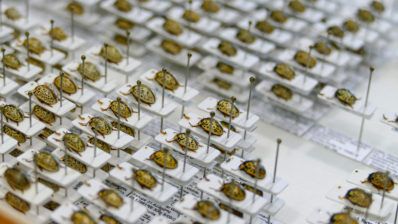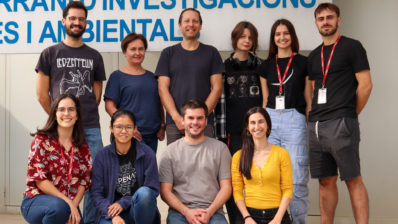
Microorganisms


The long journey of microorganisms at high altitude
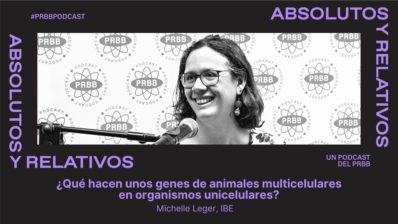
Michelle Leger (IBE): “We have to remove barriers in science, because there is no reason for them to exist”
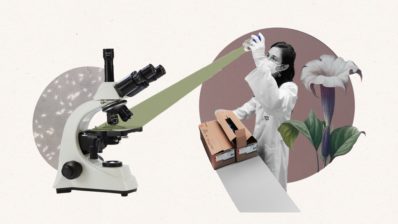
Cristiana Sigona (IBE): “Keep a beginner’s mind to be always ready to learn”
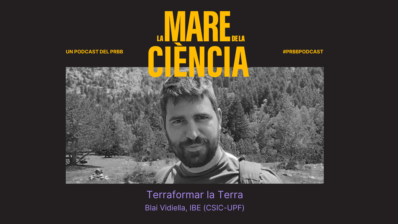
Blai Vidiella (IBE): «Terraforming the Earth means fighting against the changes that humans have already caused in the planet»
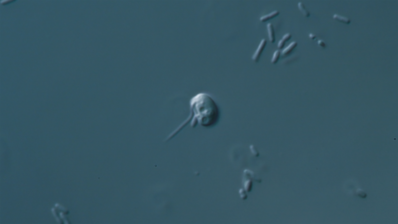
The origin of chromatin occurred between one and two billion years ago in microbes
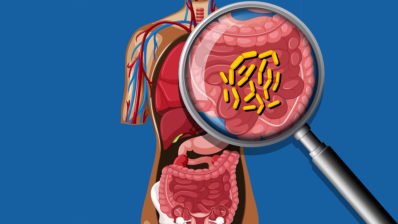
The intestinal microbiota as a shield against alcohol
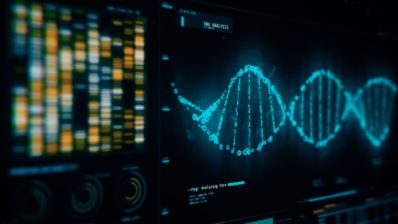
A database collects genomes of bacteria and their hosts for the development of antibiotics
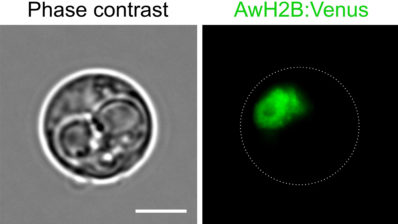
Researchers develop a set of genetic tools to study the origin of animals

A global map of the planet’s desertification
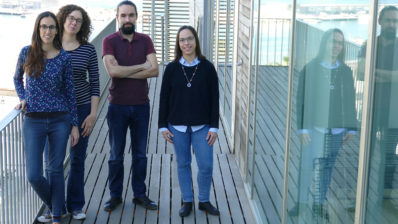
Microomics: next-generation sequencing to analyze the microbiome
